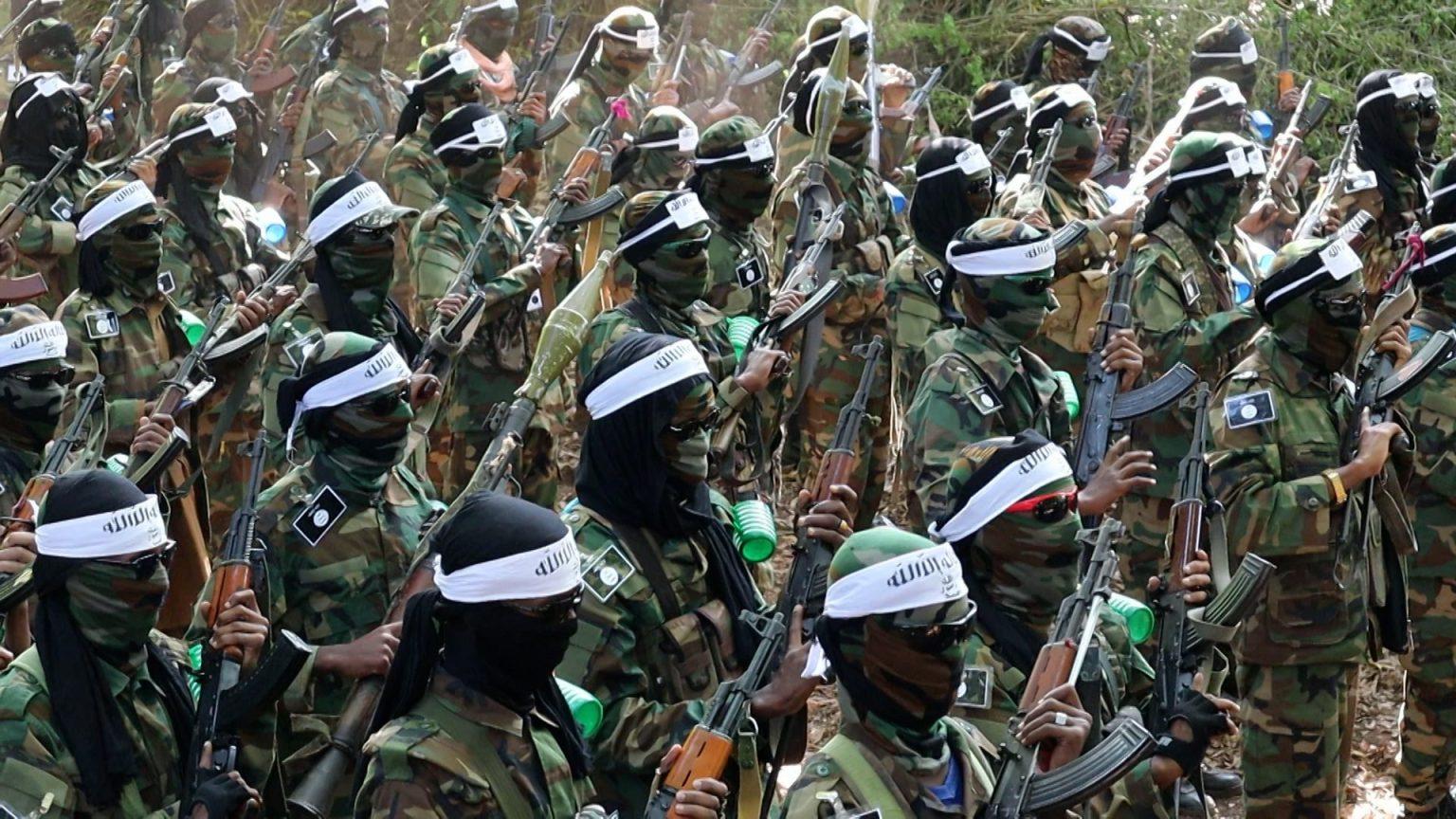
Somalia: Al-Shabab’s top leader calls for war on Ethiopia
In a 45-minute audio, Al Shabab’s top leader, Sheikh Abu Ubeida, spoke out against Ethiopia’s push for sea access and its controversial deal with Somaliland, a breakaway region of Somalia, over Red Sea access.
Earlier this year, Ethiopian Prime Minister Abiy Ahmed signed an agreement with Somaliland that grants his landlocked country access to a 20 km stretch of Red Sea coastline in exchange for recognizing Somaliland’s claim to independence.
Somalia, which views Somaliland as part of its territory, condemned the deal as a violation of its sovereignty and demanded the withdrawal of all Ethiopian troops by the end of the African Union transition mission in Somalia on December 31.
With a $10 million bounty on his head, Abu Ubeida said Ethiopia is in its final stage of preparing to seize Somalia’s waters. He outlined ways to thwart what he called Ethiopia’s desire for annexation, using armed resistance and war to stop them.
Ubeida called for the removal of Somali President Hassan Sheikh Mohamud and other regional state leaders, whom he said had welcomed Ethiopia in Mogadishu, Baidoa, Garowe, and Hargeisa. He also accused them of recognizing the Somali Region (Ogaden) as part of Ethiopia and handing over Somali ports and resources to Ethiopia.
“These [Somali political leaders] are the ones, who change their stance based on personal interests. They claim to oppose Ethiopia, yet they were the ones who tried to get Ethiopia integrated into the African Union in 2013, at a time when the country was facing severe economic hardship,” he added.
Ethiopia’s biggest fear is a united Muslim East Africa,” he said. “That’s why they’ve been fueling conflicts between Somali, Oromo, and Afar tribes, supplying weapons and causing division among Somalia’s regional states.
In a message aimed at recruiting new fighters, Ubeida called on young people across the Horn of Africa to take up arms and join his group in the fight against Ethiopia. He also praised his militants for their efforts and urged them to continue their struggle until Sharia law is fully implemented in Somalia.
In a message to recruit fighters, Ubeida called on young people from across the Horn of Africa to join the fight against Ethiopia. He praised his fighters, telling them to keep going until Sharia law is in place in Somalia.
“You are the hope of this land,” he said. “You are the ones who will liberate this country and bring Sharia to life. The Muslims in prisons, the women whose honor is violated, and the millions of Muslims suffering under Ethiopian oppression are waiting for your help. You are the ones who will bring them relief and end their suffering.”
Earlier in September, Abduwahab Ismail from Hargeisa appeared before a military court in Mogadishu. He claimed he joined Al Shabab to fight against the Somaliland-Ethiopia MoU. In late August, poets Nageeye Khalif and Abdiwahid Gama’diid, both from Hargeisa, were seen in new images circulating on social media. They were dressed in military uniforms and armed with AK-47s, with ammunition magazines strapped to their chests. Both, originally from Somaliland, have recently joined Al Shabab.
In an interview with pro-Al Shabab media, Gama’diid said he left Hargeisa to join the group, expressing that he had long wanted to fight alongside them. He denied being misled and claimed that Somalia is under occupation, except for areas controlled by Al Shabab. He believes his new group is the only force capable of ending this so-called occupation.
Ethiopia’s push to get access to the Red Sea has reportedly led thousands—many from northern Somalia—to join Al Shabab, which has been positioning itself as the country’s protector. Back in 2006, when Ethiopia invaded Somalia, Al Shabab was still a relatively small group. But the invasion helped it grow, especially among young Somalis. With Abiy Ahmed’s current policies, it looks like Al Shabab might find new opportunities to expand its reach. Today, Ethiopian troops are in Somalia as part of the African Union Transition Mission.
Despite losing control of many towns, the al-Qaeda-linked militant group has stepped up its attacks after President Hassan Sheikh Mohamud declared an “all-out war” on them. The group was pushed out of Mogadishu in 2011 by Somali forces and African Union troops, but they’re still carrying out deadly assaults.
Al Shabab continues to hold large swaths of territory in the south and central regions, from which it is believed to launch deadly attacks against the military bases of Somali army forces, African Union peacekeepers, and key installations in the capital, Mogadishu.
Source » mareeg.com





